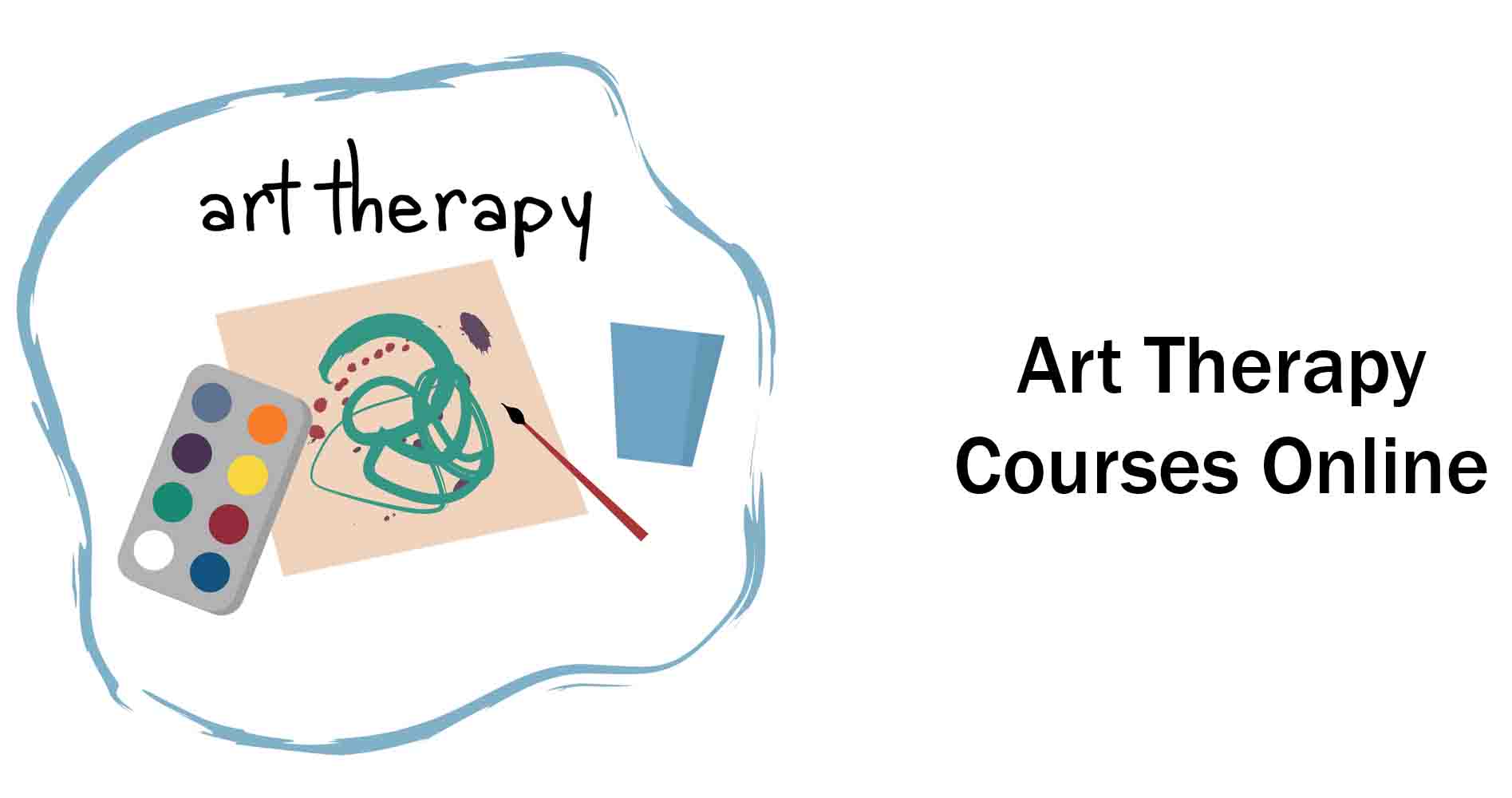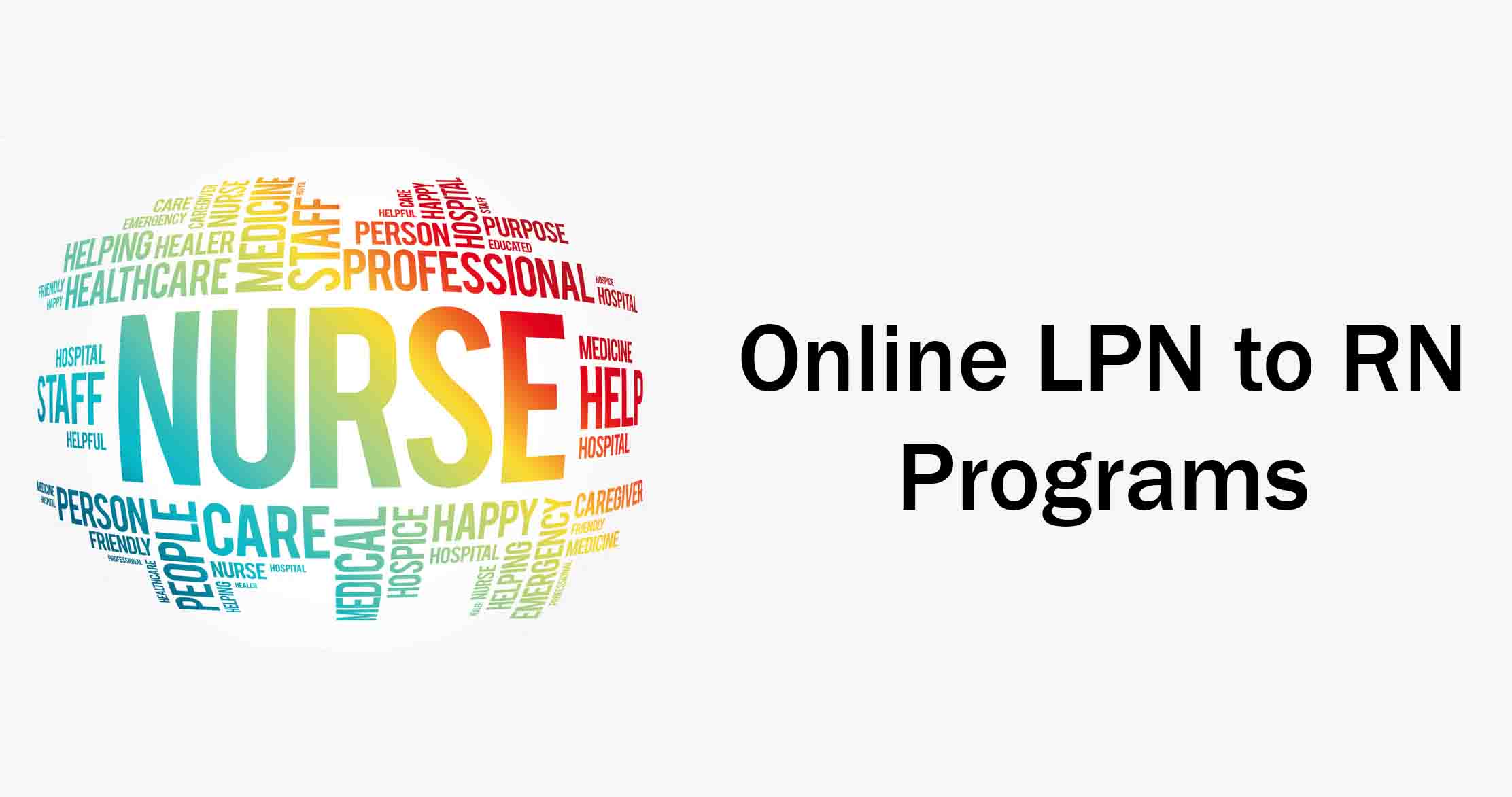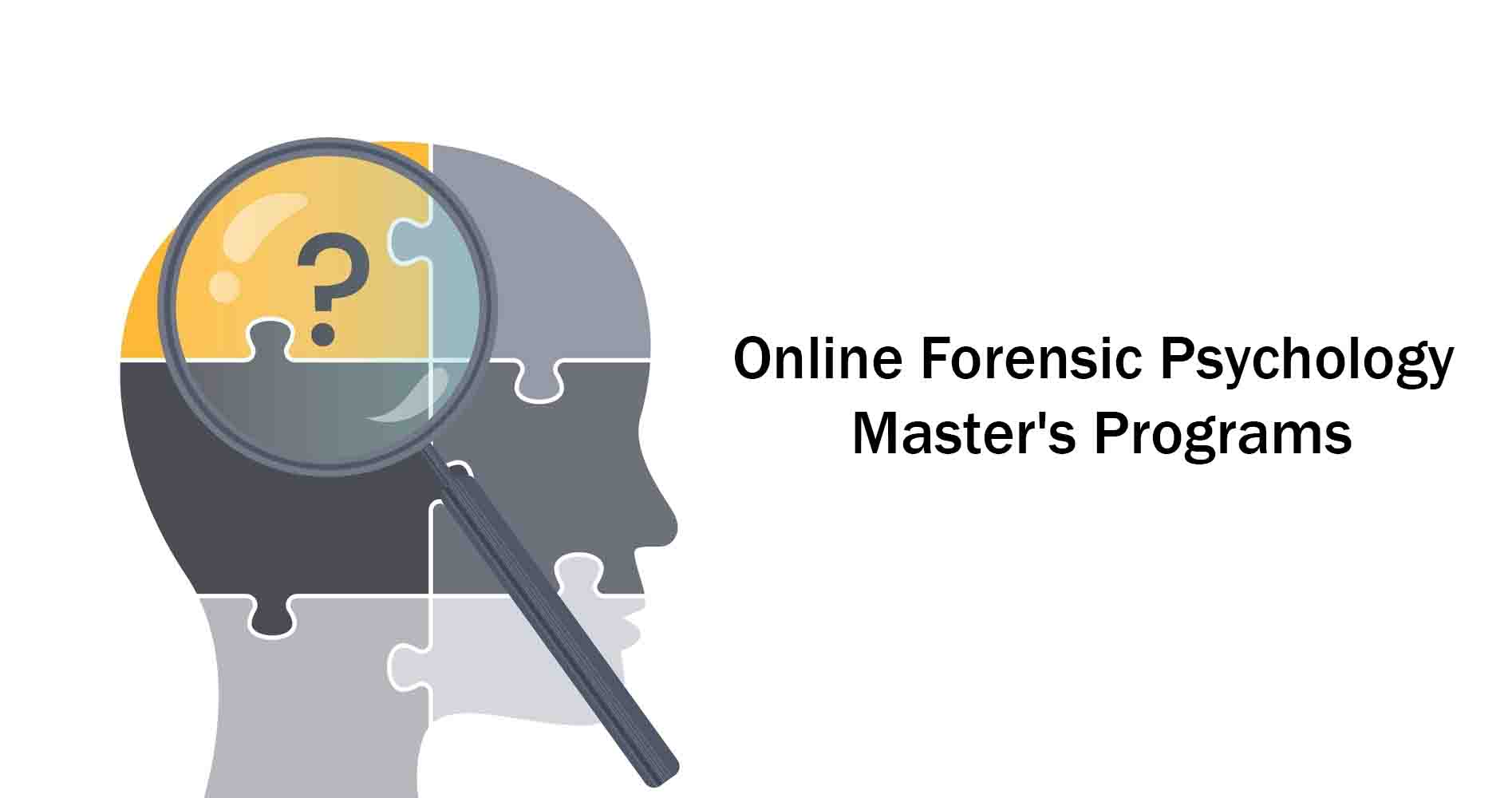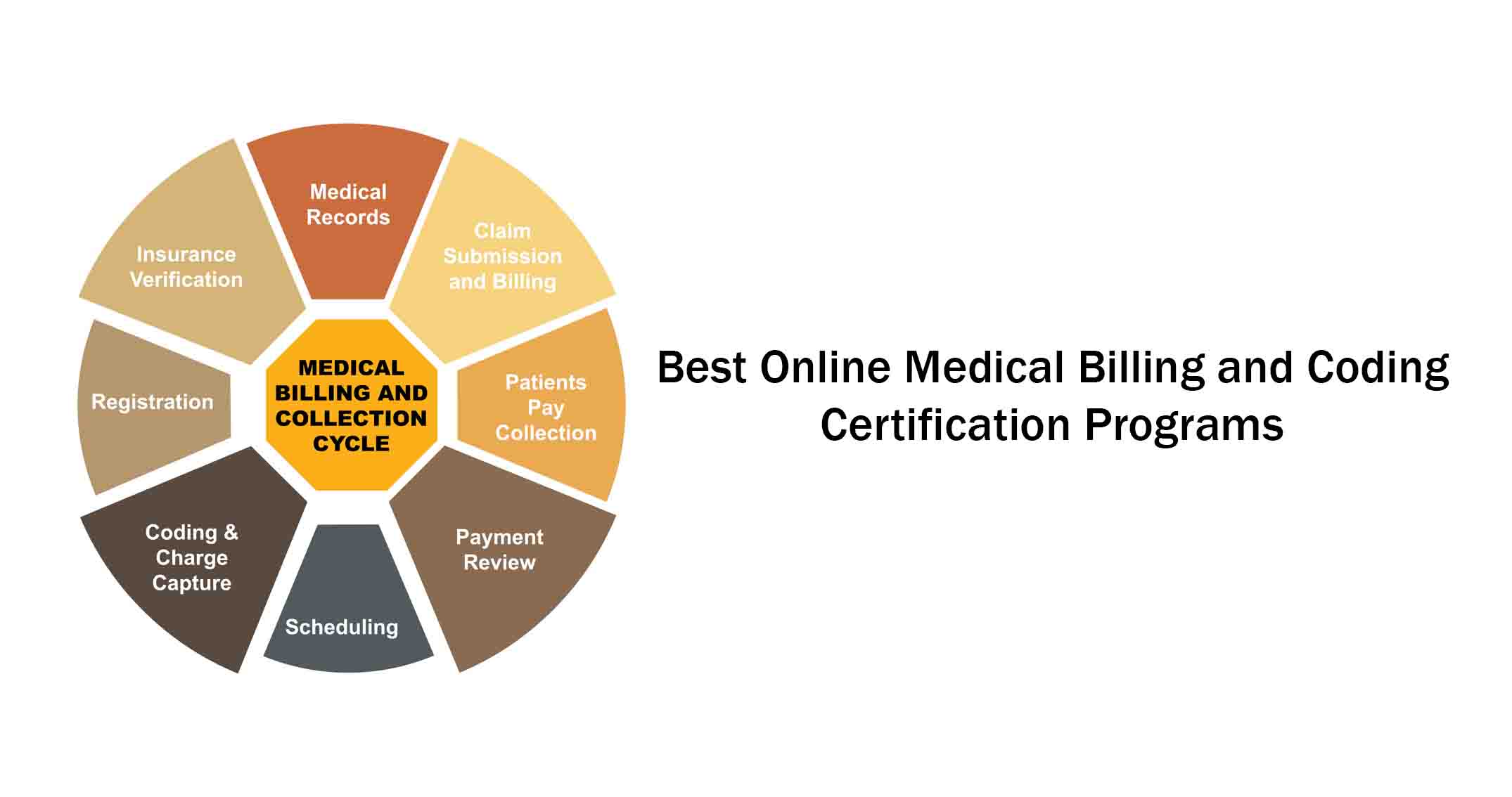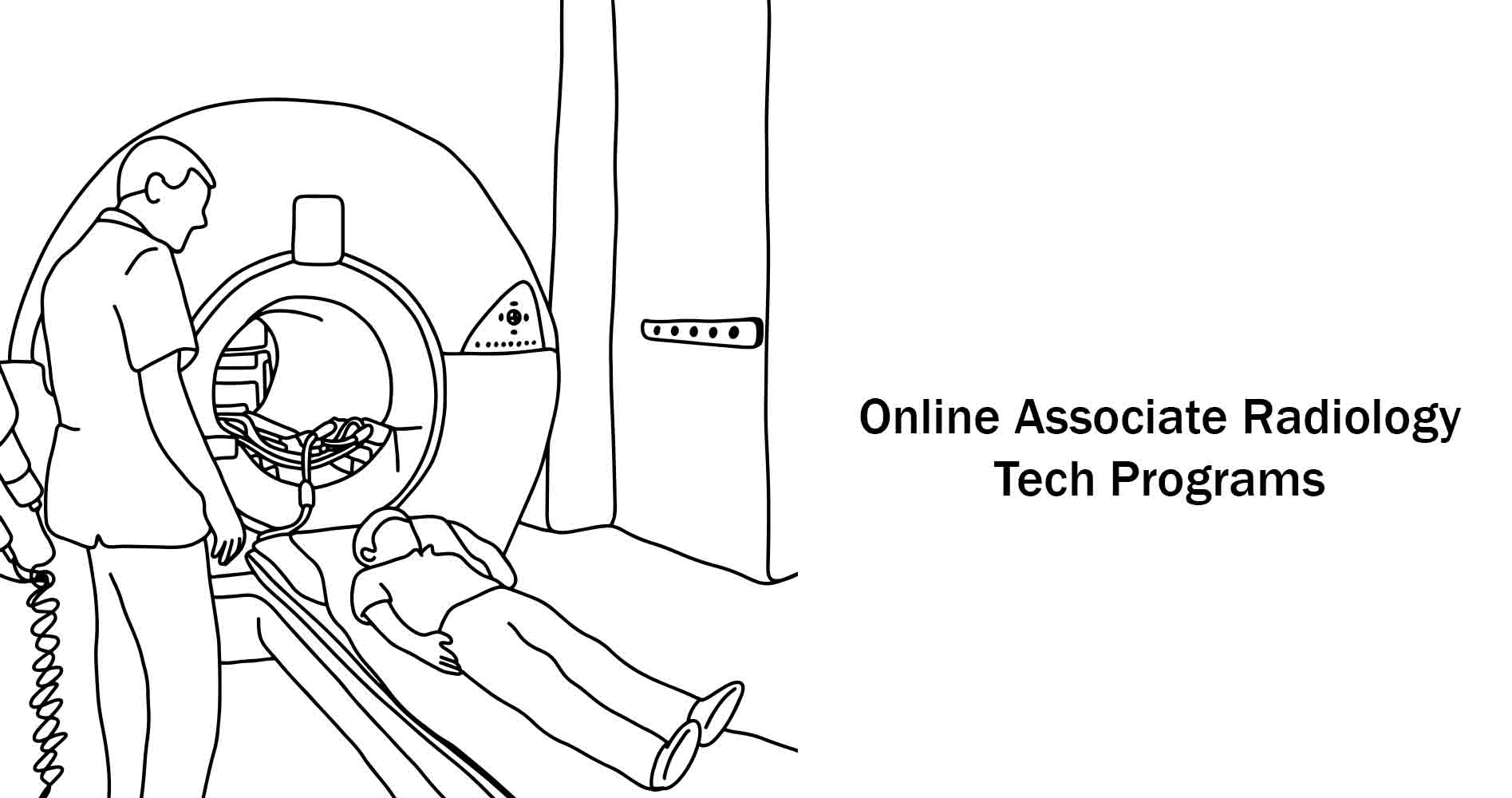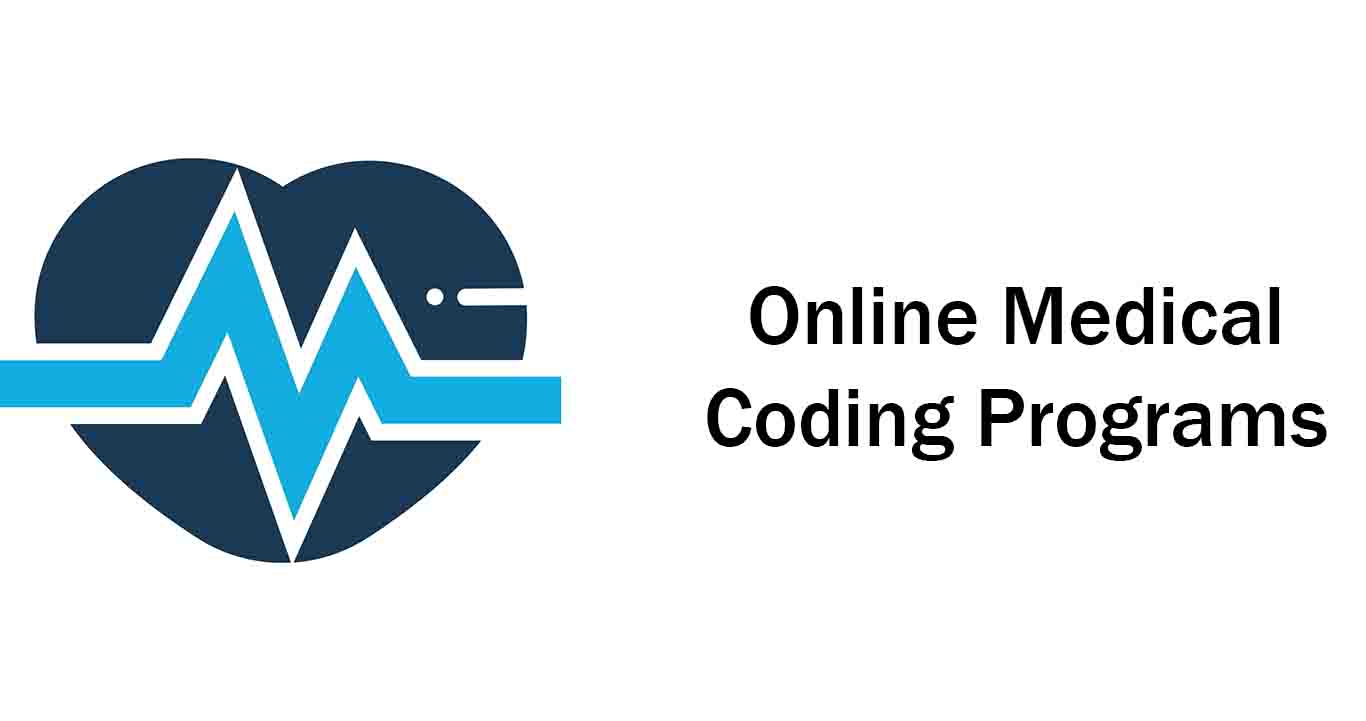Online School Counseling Programs 2023 Updates
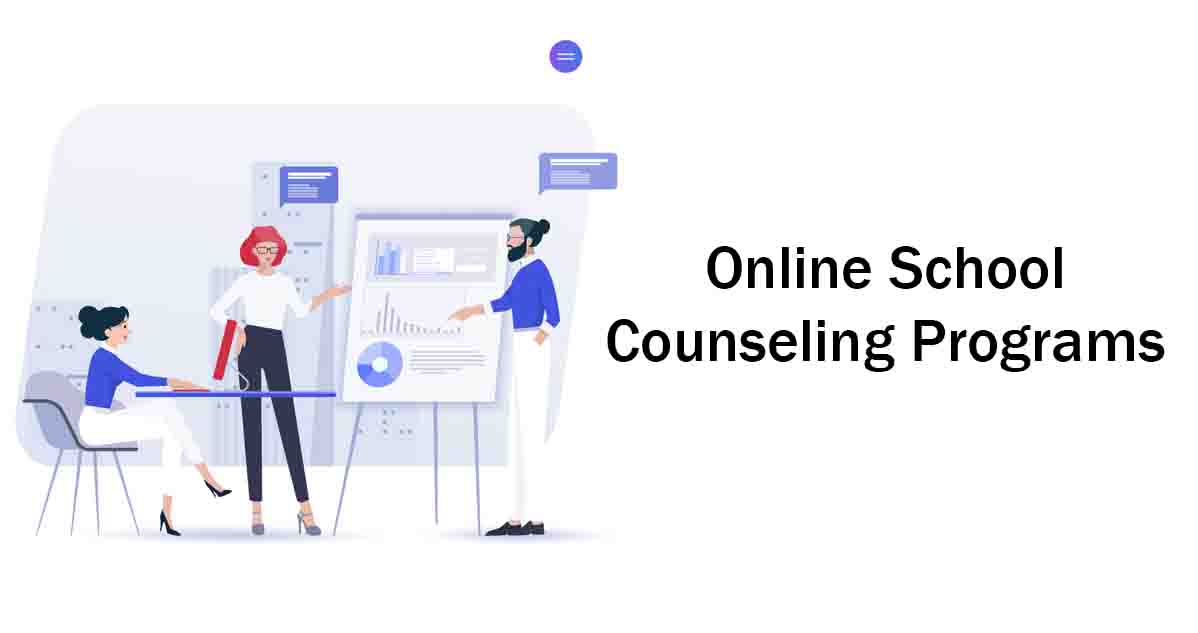
Online school counseling programs are degree programs that allow students to pursue a career in school counseling through distance learning. These programs typically offer the same curriculum and coursework as traditional, on-campus programs, but allow students to complete the program from the comfort of their own homes.
Advantages of online school counseling programs include:
Flexibility: Online programs allow students to complete coursework at their own pace, and on their own schedule, making it easier to balance school with work and other life obligations.
Convenience: With online programs, there is no need to commute to a physical location, saving time and money.
Accessibility: Online programs can be more accessible for students who live in remote areas or who have disabilities that make it difficult to attend traditional, on-campus programs.
However, it’s important to note that online programs may not be suitable for all students. Some students may prefer the structure and face-to-face interaction of a traditional, on-campus program, and online programs may not be available in certain states.
It is also important to research and carefully evaluate different online programs to ensure that they are accredited and offer a high-quality education.
Contents
Best Options for Online School Counseling Programs
There are many options for online school counseling programs, and the best one for you will depend on your individual needs and goals. Here are a few factors to consider when evaluating different programs:
Accreditation: Make sure the program is accredited by a reputable accrediting body, such as the Council for Accreditation of Counseling and Related Educational Programs (CACREP).
Curriculum: Look for programs that offer a comprehensive curriculum that covers the knowledge and skills you need to be a successful school counselor.
Faculty: Research the faculty to make sure they are experienced and knowledgeable in the field of school counseling.
Fieldwork: Look for programs that offer opportunities for hands-on experience in the field, such as internships or practicums.
Flexibility: Consider programs that offer a flexible schedule, allowing you to complete coursework at your own pace.
Cost: Consider the cost of tuition and fees, as well as any additional expenses, such as textbooks and technology.
Graduation and job placement rates: Research the graduation and job placement rates of the program to get a sense of its success and reputation.
Some of the highly ranked online school counseling programs include:
- University of Southern California’s Rossier School of Education
- University of Cincinnati’s College of Education, Criminal Justice, and Human Services
- University of Nevada, Las Vegas’s College of Education
- Concordia University-Portland
- University of Massachusetts Boston’s College of Education and Human Development.
It’s important to carefully research and compare different programs to find the one that best fits your needs and goals.
How to do Online School Counseling Programs
Online school counseling programs can be done through various methods, including:
Online coursework: Many universities and colleges offer online counseling degree programs, where students can complete coursework, assignments, and exams online.
Video conferencing: Online counseling sessions can be held through video conferencing platforms such as Zoom or Skype, which allow for real-time interaction between the counselor and client.
Email or chat-based counseling: Some online counseling services allow clients to communicate with their counselors through email or chat, which can be a convenient option for those who prefer written communication.
Pre-recorded sessions: Some online counseling services may offer pre-recorded sessions or self-paced courses that clients can access at any time.
Regardless of the method, it is important to make sure that the online counseling program is accredited and that the counselor is licensed and qualified to practice in your state. Additionally, it is important to find a program that aligns with your goals and learning style and to carefully research the program before enrolling.
Costs of Online School Counseling Programs
The cost of online school counseling programs can vary widely depending on several factors, including the type of program, the institution offering the program, and the length of the program. Some online counseling programs may be offered for free, while others may cost several thousand dollars.
Here are some factors that can impact the cost of an online school counseling program:
Degree level: The cost of a counseling program can vary based on whether you are pursuing a bachelor’s, master’s, or doctoral degree. Master’s degree programs in counseling typically cost more than bachelor’s degree programs, while doctoral programs are the most expensive.
Institution: The cost of an online counseling program can vary depending on the institution offering the program. For example, public universities may offer more affordable programs than private institutions.
Program length: The cost of an online counseling program can also be influenced by the length of the program. Programs that take longer to complete may cost more in total than shorter programs.
Required materials: Some online counseling programs may require students to purchase additional materials, such as textbooks or counseling software, which can add to the overall cost of the program.
It’s important to carefully consider the cost of an online counseling program before enrolling and to explore financial aid and scholarship opportunities that may be available.
Job Opportunity of Online School Counseling Programs
Graduates of online school counseling programs may have a variety of job opportunities in the field of counseling. Some common job titles for individuals with a degree in school counseling include:
1. School Counselor: School counselors work in K-12 schools and provide support to students with academic, personal, and social challenges.
2. College Counselor: College counselors work in post-secondary institutions and help students navigate the challenges of higher education, including academic and career planning.
3. Career Counselor: Career counselors help individuals identify their skills, interests, and values, and then match those to appropriate career paths.
4. Mental Health Counselor: Mental health counselors provide therapy and support to individuals experiencing mental health challenges, such as anxiety and depression.
5. Addiction Counselor: Addiction counselors work with individuals struggling with substance abuse and addiction, helping them develop coping strategies and recovery plans.
It is important to note that the job opportunities and job outlook for counseling professionals can vary depending on factors such as location, job market demand, and state licensing requirements. Additionally, individuals who hold a master’s degree in counseling typically have more job opportunities and higher earning potential than those with a bachelor’s degree.



